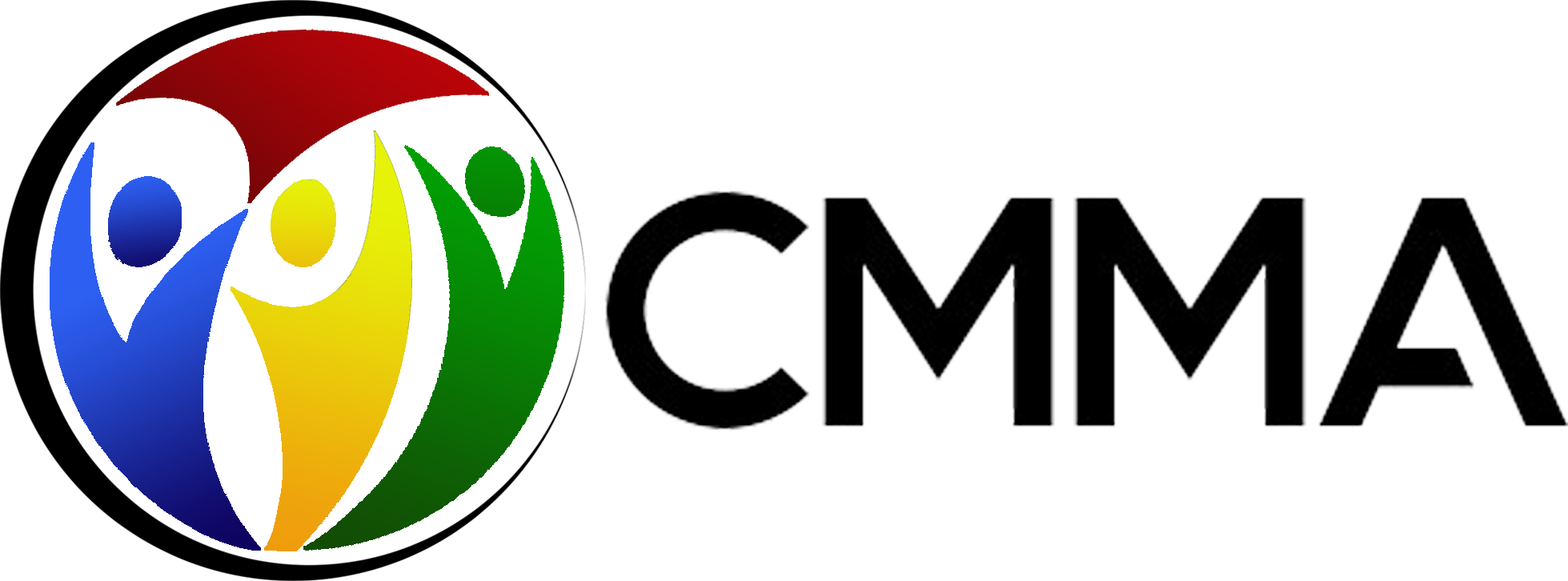The government slightly increased protection efforts. The government reported identifying seven potential trafficking victims—four potential sex trafficking victims and three potential labor trafficking victims—in 2021, compared with four victims in 2020, zero in 2019, two in 2018, and 71 in 2017. Of the seven potential victims identified, three were girls, two were women, and two were men; the government identified potential victims from Colombia, the Dominican Republic, Finland, and Venezuela. Authorities screened seven additional individuals for trafficking indicators, compared with 10 additional individuals in 2020, but determined them to be victims of other crimes. The government indicated an international organization identified four more trafficking victims, in addition to the seven government-identified potential victims. The government classified victims as “potential,” “presumed,” or “confirmed” victims. The government did not provide services to potential victims, who were typically associated with early-stage investigations; the government only provided care services to presumed or confirmed victims. However, the government tied victims’ status and access to services to the associated criminal case against a trafficker. If a prosecutor determined not to pursue trafficking charges, the government discontinued services for associated victims. Observers expressed concern that the link between victim assistance and the success of the criminal proceedings against traffickers limited victims’ access to critical services. JIUMM assigned one potential victim status as a “presumed victim” of labor trafficking, which made her eligible to receive services. The government reported referring one presumed victim to services in 2021, compared with referring no victims in 2020. The victim declined shelter but received basic care services and an informal stay of deportation; when prosecutors determined to pursue migrant smuggling charges, rather than human trafficking charges, the government phased out assistance. Multidisciplinary teams consisting of police, labor officers, immigration officials, and civil society representatives deployed when investigations called for raids or site visits. The government had an agreement with civil society organizations to facilitate the identification of trafficking victims among vulnerable migrant groups by allowing potential victims to remain anonymous and receive services from civil society organizations during the initial investigation; no victims used the anonymous self-reporting mechanism in 2021. The anti-trafficking task force (TMMA) continued to provide law enforcement and social services officials with a checklist of the most common signs of trafficking, which they used in concert with the government’s QRCs. The government reported officials screened undocumented migrants for trafficking indicators during detainment interviews. Observers, however, expressed concern detention center staff and other officials were insufficiently equipped to identify trafficking. The government reported it trained 320 detention center, Department of Integration and Management of Foreigners (DIMAS), immigration, and other officials to recognize trafficking indicators and refer victims. The government had a basic victim referral mechanism and worked with an international organization to draft an updated protocol, which remained unfinished at the end of the reporting period.
CMMA established a working group with civil society actors to coordinate on victim identification and referral; the group met monthly during the reporting period. The government maintained informal agreements with local NGOs and private sector accommodations to shelter adult and child victims of trafficking. Through these arrangements, the government could secure emergency short-term shelter for victims and longer-term shelter for adult female victims, despite a lack of trafficking-specific shelters. Authorities could place unaccompanied child victims in foster care centers or foster homes, and civil society organizations or local churches could accommodate adult male victims. Officials conducted risk assessments before deciding whether victims could leave shelters unchaperoned; they restricted victims’ movement if their lives were threatened. The government reported it continued to work on a longstanding plan to expand shelter capacity for male victims and families via new facilities; in 2021, the government experienced delays in obtaining required permits for new structures but began renovating the site’s existing buildings. Authorities did not report any victims assisted the government in the prosecution of traffickers.
Foreign victims were entitled to the same rights and protection as Arubans. The law authorized the extension of temporary immigration relief for foreign victims for three to six months on a case-by-case basis and allowed foreign victims to change employers if they were suspected of exploiting workers. Authorities did not report any victims received these benefits but indicated most foreign victims not participating in the trials against traffickers returned to their home countries, except when a safe return was not possible. The criminal code enabled victims to receive restitution during criminal proceedings or to file civil suits, to seek compensation not to exceed 50,000 florin ($28,090) for financial and emotional damages, although none did so in 2021. The Bureau of Victim Assistance operated a hotline for potential victims of all crimes, including trafficking; the government reported three trafficking-related calls to the hotline, compared with eight in 2020, leading to the identification of one potential victim; by contrast, the government identified two victims via the hotline in 2020.
